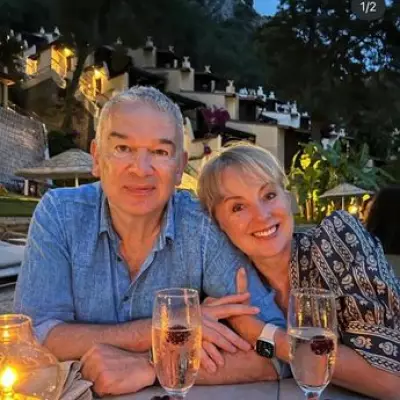
Royal commentators are pointing to a crucial crossroads in Prince Harry's life as he attempts to carve a path that genuinely honours his mother's extraordinary humanitarian legacy. The Duke of Sussex stands at a pivotal moment, facing both immense opportunity and significant challenge in his quest to continue the work of Princess Diana.
The late Princess of Wales revolutionised modern royalty through her profound empathy and hands-on approach to charity work, particularly with AIDS patients and the campaign against landmines. Now, experts are questioning whether Harry can authentically step into this role while navigating the complexities of his new life outside the traditional royal framework.
The Weight of Expectation
The shadow of his mother's global influence looms large. Diana's ability to connect with the marginalised and forgotten transformed public perception of the monarchy and set a new standard for royal charitable engagement. For Harry, this legacy is both an inspiration and an immense burden of expectation.
His work with the Invictus Games and various mental health initiatives has shown flashes of Diana's approach, but commentators suggest he needs to find a more consistent and focused path to make a comparable impact.
Navigating a New Royal Reality
Harry's departure from senior royal duties has fundamentally altered his toolkit. While freeing him from palace protocols, it has also removed the instant platform and influence that come with being a working royal. The question remains: can he build a sustainable, impactful philanthropic identity without the institutional backing of The Firm?
His recent ventures, including the Archewell Foundation, represent steps toward establishing his own legacy, but experts argue that finding a single, defining cause—much like his mother's dedication to landmines—could be key to solidifying his humanitarian credentials.
The Diana Blueprint: Compassion in Action
Those who study royal philanthropy note that Diana's success wasn't merely about showing up; it was about her willingness to engage deeply with uncomfortable issues and use her global spotlight to force change. Her physical touch—the without-gloves handshake with an AIDS patient—became a powerful symbol of compassion over prejudice.
For Harry to truly emulate this, analysts suggest he must find causes where his personal involvement can drive similar tangible change, rather than simply lending his name to numerous initiatives.
The road ahead for the Duke is fraught with both opportunity and scrutiny. His every move will be measured against the golden standard of his mother's legacy. Whether he can forge a path that honours her memory while establishing his own authentic voice remains one of the most compelling questions in modern royal history.





